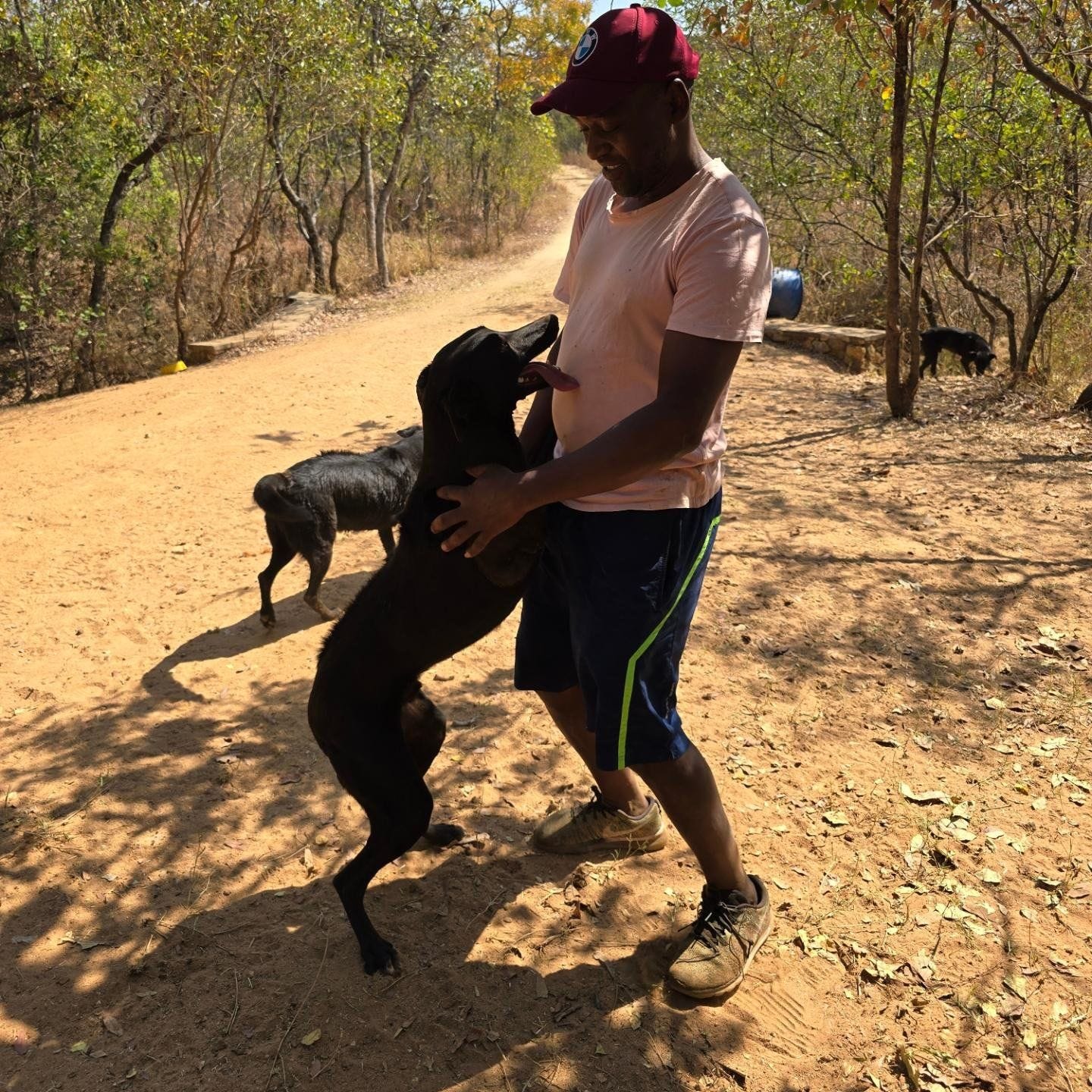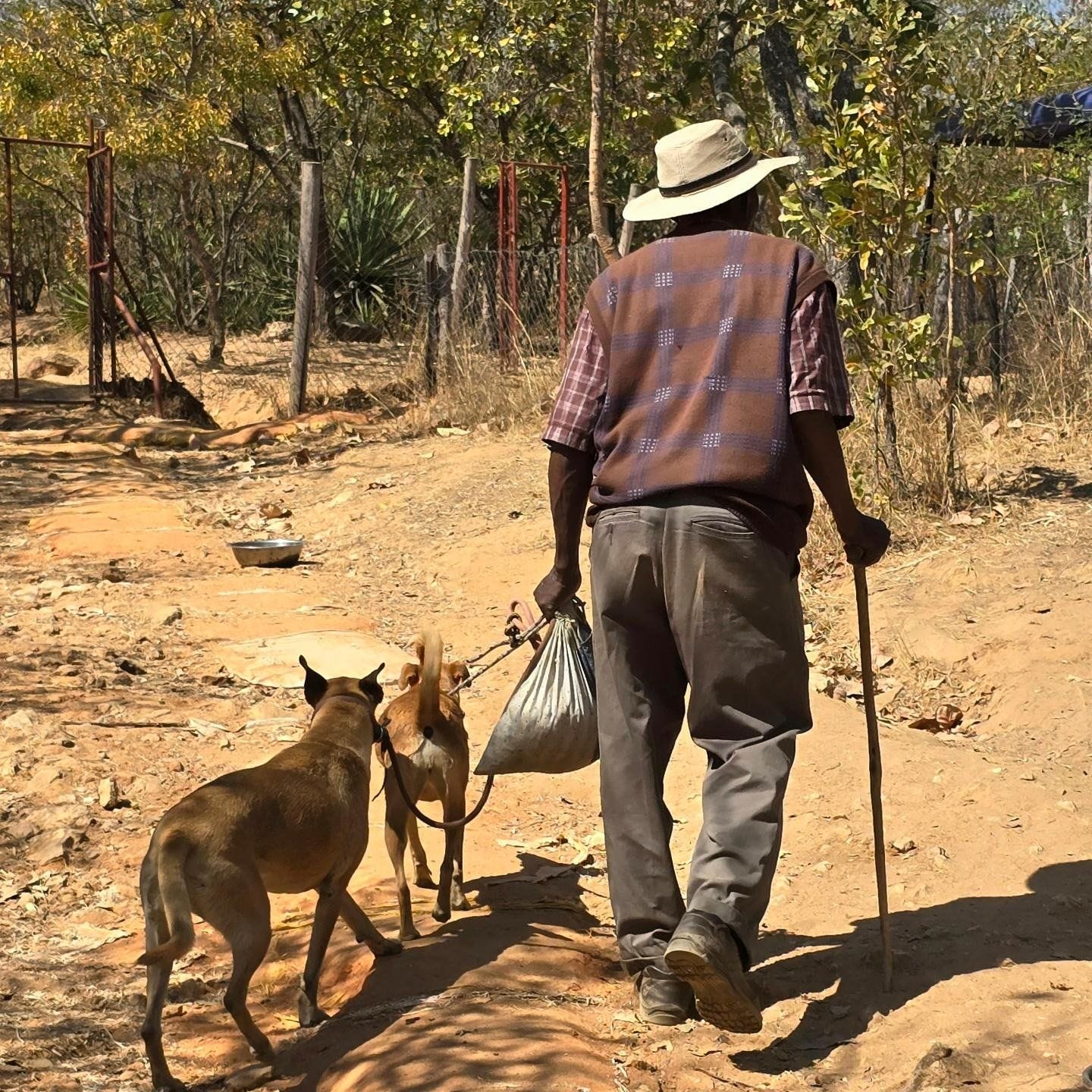
In Tibetan Buddhism, guru-yoga is the foundation of our practice. There are many reasons why. Straightforward ones like it is the guru who makes the Dharma relevant by focusing on those insights that are helpful to us, here and now. And it is the guru who, like a tennis coach, music teacher or other mentor, doesn’t simply transfer information but embodies the wisdom, walks the talk, and inspires us to want to have a bit of what they do.
Venturing into less obvious territory, when sitting with more realised beings we have a sense of transmission, of the Dharma being communicated at a deeper level than words alone. It is like having the door opened to a hidden reality - paradoxically, ever-present – that in the presence of our guru can be felt. Guided meditations led by our guru can take us places we haven’t been before, to experiences that are ineffable.
Reading about such encounters between students and gurus, we naturally long for such a connection. Guru-yoga is defined as yoking our mind to that of the guru. Which spiritual seeker wouldn’t wish for a relationship of such sublime transcendence?
When I wrote a recent article about ‘How to find a guru,’ a reader emailed me with the question we are exploring together here. She had visited many Buddhist centres in search of a teacher but hadn’t found anyone who resonated. She was discouraged. Forlorn. Which is how she came to ask me: will I recognise my guru when we meet?
It's a great question! Most of us have felt this same yearning.
While some people have the Dharma equivalent of eyes meeting across a crowded room – an instant, magnetic attraction that is simply irresistible - for the majority of us, reality is more prosaic. Some aspects of a teacher may be immediately appealing. Other aspects, not so much.
I have heard Tibetan Buddhism described as ‘lama-ism’ because in filtering the Dharma through their own experience of reality, teachers inevitably colour how they present it. Some are more scholarly, citing this text and that. Others lean more towards the yogic and experiential. Some love rituals and plenty of Sanskrit chanting, while others cut to the chase and focus on mind itself.
In ‘How to find a guru’ I emphasise the importance of ‘shopping around,’ taking your time, and avoiding conventional yardsticks such as convenience and charisma when assessing the right teacher for us – all this being traditional advice presented in texts.
I recently read a sad article by a seeker who visited different centres where she kept encountering questionable ethics among the hierarchies. What to do? My advice would be to run a mile. The most basic requirement is that of trust. If you have a sense that a teacher is using his or her position for money, sex or other personal gain, back off. There is no place for such behaviour in the Dharma.
Most of us, hopefully, won’t have such bruising experiences. And I want to make clear that nothing I am about to say contradicts the advice that when seeing our guru, we need to do so clear-eyed.
But we still need to answer the question: ‘Will I recognise my guru?’ In this post I’d like to focus on what is arguably the most critical factor: our mind.
To quote a wonderful verse of Lotsawa Marpa:
Generally, all phenomena are mind itself.
Your Guru arises from this very mind.
There is nothing other than mind.
Whatever appears is all the nature of mind,
Even that is primordially unestablished.
Conventional reality is what appears to stream through our senses but as Marpa notes here, ultimately everything is a projection of our mind. The way that things exist, how things exist, is known as shunyata, and is at the heart of Buddha’s teachings. In a sentence, everything exists dependent on parts, causes and our mind’s participation. This includes the person sitting on the teaching throne at the front of the gompa. He may be a highly revered and precious lama to some. A disappointment to others. Who he is to us depends on our mind.
“Is it love at first sight?” is a way I might paraphrase our question. If we approach our search for a teacher with such an idealised expectation, disappointment may be inevitable. Because what we are seeing out there is not objective reality but a projection of our own mind. If our minds are steeped in virtue, the lama may appear to us as everything beautiful gathered into one. But if our minds are mediocre, ditto the teacher.
This applies not only on our first encounter, but for entirety of our journey. We all need constant reminding: what you’re perceiving is not objectively real. It’s your mind’s projection!
Rather than being Dharma romantics in search of a red-robed hero, a more companiable approach serves us better. When we begin with our teacher, it is enough to regard him or her as a ‘spiritual friend’ – a phrase sometimes used to define the word guru. It helps to start with a basic respect and appreciation for his or her willingness to teach.
As we evolve on our journey, hopefully we begin to shed some of our most distorting negative karmas and accumulate a virtuous capacity to see other beings – including our teacher – in a more purified aspect. After a while attending classes or retreats, and cultivating our own inner practices, when we start to taste the fruits of the guru’s teachings, our gratitude and confidence naturally unfolds.
Pandit Atisha once observed to his student, Drom Tönpa, that “You Tibetans relate to the Guru as an ordinary person. How can you expect to attain higher qualities?!” When we treat our teachers as ordinary beings, we get an ordinary being’s blessings. When we treat them as Buddhas, we get a Buddha’s blessings – a blessing defined as our capacity to change.
With a more developed confidence in a teacher, we feel more comfortable treating them as if they were a Buddha. I have been in a room of our city’s top businesspeople sitting in rapt attention listening to the Dalai Lama. Would they have been quite so attentive listening to a local Buddhist teacher? Would they have accorded that person a standing ovation for exactly the same address? I think not.
Which is Pandit Atisha’s point. Recognising that guru yoga has much more to do with our mind than that of the guru, marks an important turning point. The guru may be unchanged. But our attitude and the benefits we consequentially receive, shifts significantly.
Light bulbs start to pop. Such as: does Shakyamuni Buddha show up every Tuesday to teach you the Dharma? No – but your teacher does. So, who out of those two is showing you personally the greater kindness?
And, if you were a Buddha – come on, imagine it for just a moment! – and you wanted to help those with an affinity for the Dharma, would you not use the opportunity presented when they were gathered in a gompa, or, for that matter, reading a post on Substack, when they were in a state of heart that is open to insight? Would you not communicate to each person, through the speech of the teacher, what he or she most needs? And let’s face it, we have all come out of gatherings having been struck by quite different messages.
Like most fields of exploration, the more we know, the more we come to recognise we don’t know. Investigating shunyata, we understand why the guru is not only like a Buddha, but that there’s no reason outside of our minds why we don’t perceive him or her to be a Buddha.
Making these connections, joining these dots, helps us deepen our sense of connection to the guru. We may have started off with reservations, but it shifts into a different way of relating from our side at least. We are more open to guru devotion.
And the curious thing I have found - and I know is also true for others - is that the more willing we are to act with guru devotion, the more likely it is that we find ourselves among many bodhisattvas. Perhaps our teacher invites a lama from a different centre to lead a retreat. Or someone else appears offering a complementary perspective, enriching our understanding.
We only need one guru. But when we practice guru-yoga we find ourselves travelling among a company of bodhisattvas. No longer are we lonely seekers searching for connection in a roomful of strangers, so much as the unexpected winners of the most extraordinary celestial lottery. Whatever connection, love, or transcendence we were seeking, we find that we already possess it ourselves - in abundance.
Ultimately, it is our gurus’ job to make themselves redundant. For there will come a moment, in this lifetime or a future one when, for the benefit of others, it will be our turn to be a guru too. Whether we are mediocre or everything beautiful gathered into one will depend entirely on the minds of our students. How the tables will turn!
As one of my teachers likes to say - it is only then that we will truly understand how to practice guru yoga!
A brief update from The Twala Trust Animal Sanctuary, who subscribers to this email support:
“Doggy Tuesday preparations begin 2 days in advance. Lifetime care for 600 rural dogs is time consuming! We've increased the amount of food we supply to the rural dogs each week because the drought is making life very difficult for the people and the animals. There's a constant stream of dogs arriving each week for feeding and veterinary care.”
An injured dog arriving for treatment in a wheelbarrow
A happy reunion between a dog that was discharged from hospital and his delighted owner
An elderly community member with his two devoted dogs.
May all beings have happiness and its causes!






Thanks for another thought provoking post, David. But I do enjoy the good news story at the end! We are so fortunate. And as important as your message on gurus is, your work with the charities you support is a joy to read about.
Thank you for both!
Dear David, how lovely it is to read your words, and especially about a subject so close to my heart.
My first encounter with my teacher begun rather un-prosaically on a website that I had been guided to quite unexpectedly, though I was ‘ on the search’; It was one of those moments, after listening for a while, It felt like my life wasn’t going to be the same again. I did more research, tried to find out as much as I could, questioned the whole thing, listened some more and it’s been a journey of such depth and deep wisdom ever since. Even more amazing, confounding, transmission happens in meetings with one’s teacher even online! I feel such gratitude and love, it is the most sacred thing.
Thank you for this teaching, Lorraine xxx